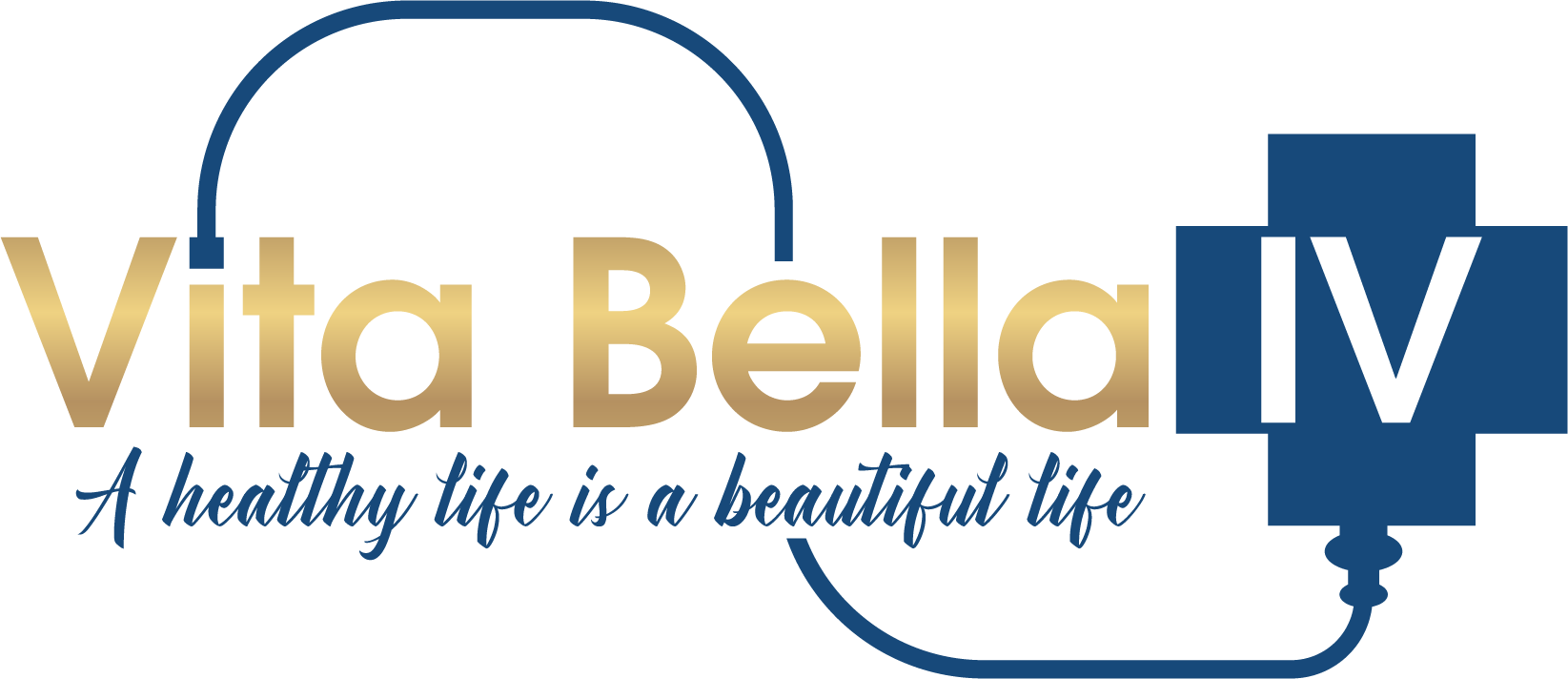The Role of IV Therapy in Managing Chronic Fatigue Syndrome
Chronic Fatigue Syndrome (CFS), also known as Myalgic Encephalomyelitis (ME), is a complex and debilitating condition characterized by extreme fatigue that doesn’t improve with rest and worsens with physical or mental activity. The exact cause of CFS remains unknown, and it presents a significant challenge for both patients and healthcare providers. However, emerging treatments, including IV therapy, are showing promise in managing symptoms and improving quality of life for those affected by this condition.
Understanding Chronic Fatigue Syndrome
What is CFS? Chronic Fatigue Syndrome is a multifaceted disorder that affects multiple systems in the body. Common symptoms include:
- Persistent, severe fatigue
- Muscle and joint pain
- Cognitive difficulties (“brain fog”)
- Sleep disturbances
- Headaches
- Sore throat and swollen lymph nodes
Because CFS is complex and varies from person to person, treatment often involves a multi-disciplinary approach, including lifestyle changes, medication, and alternative therapies.
How IV Therapy Can Help
Why IV Therapy? Intravenous (IV) therapy involves administering fluids, vitamins, and nutrients directly into the bloodstream. This method bypasses the digestive system, allowing for faster and more efficient absorption. For individuals with CFS, who often struggle with nutrient absorption and hydration, IV therapy offers several potential benefits.
1. Enhanced Nutrient Absorption
Why It Matters: Patients with CFS frequently experience gastrointestinal issues that can impair nutrient absorption. IV therapy delivers essential vitamins and minerals directly into the bloodstream, bypassing the digestive tract and ensuring that the body receives the nutrients it needs.
Potential Benefits:
- Increased Energy Levels: IV infusions containing B vitamins, such as B12 and B6, are known to support energy production and combat fatigue.
- Improved Immune Function: Vitamins C and D, along with minerals like zinc, can help strengthen the immune system, potentially reducing the frequency of infections and supporting overall health.
2. Improved Hydration
Why It Matters: Dehydration is a common issue for individuals with CFS, often exacerbating symptoms like fatigue and dizziness. Proper hydration is crucial for maintaining bodily functions and supporting recovery.
Potential Benefits:
- Rapid Rehydration: IV fluids can quickly rehydrate the body, improving overall function and alleviating symptoms of dehydration.
- Symptom Relief: Enhanced hydration can help reduce symptoms such as dizziness, headaches, and muscle cramps.
3. Support for Detoxification
Why It Matters: CFS patients sometimes experience a buildup of toxins in the body, which can contribute to fatigue and malaise. IV therapy can support detoxification processes.
Potential Benefits:
- Detoxification Support: Infusions containing antioxidants, such as glutathione, can help neutralize free radicals and support the body’s natural detoxification pathways.
- Reduced Inflammation: Anti-inflammatory agents in IV formulations may help alleviate symptoms associated with inflammation and improve overall comfort.
4. Tailored Treatments for Individual Needs
Why It Matters: CFS manifests differently in each individual, and a one-size-fits-all approach is not always effective. Personalized IV therapy can address specific needs and symptoms.
Potential Benefits:
- Customized Infusions: Healthcare providers can tailor IV treatments based on individual symptoms, lab results, and nutritional needs, ensuring a more targeted approach to managing CFS.
- Regular Adjustments: As symptoms evolve, the composition of IV infusions can be adjusted to better address changing needs.
Integrating IV Therapy into a Comprehensive Treatment Plan
Holistic Approach: While IV therapy can offer significant benefits, it is not a standalone solution for CFS. It is best used as part of a comprehensive treatment plan that may include:
- Medical Management: Medications and therapies prescribed by healthcare professionals.
- Lifestyle Modifications: Stress management, regular exercise tailored to individual capabilities, and a balanced diet.
- Alternative Therapies: Practices such as acupuncture, cognitive behavioral therapy, and other supportive treatments.
Consultation with a Healthcare Provider: It’s essential for individuals with CFS to work closely with their healthcare providers to develop a personalized treatment plan that incorporates IV therapy where appropriate.
In Summary
IV therapy offers a promising adjunct treatment for managing Chronic Fatigue Syndrome, particularly in terms of improving nutrient absorption, hydration, detoxification, and symptom relief. By providing essential vitamins, minerals, and fluids directly into the bloodstream, IV therapy can help address some of the underlying issues associated with CFS and improve overall quality of life.
However, it is crucial to integrate IV therapy with a holistic approach that includes medical management, lifestyle changes, and other supportive treatments. Always consult with a healthcare provider to determine the best course of action for managing Chronic Fatigue Syndrome and to ensure that IV therapy is a suitable and safe option for your individual needs.
Liability Statement: The information provided in this blog is for general informational purposes only and does not constitute medical advice. Always consult with a qualified healthcare provider before starting any new treatments or therapies, especially if you have a medical condition such as Chronic Fatigue Syndrome.







